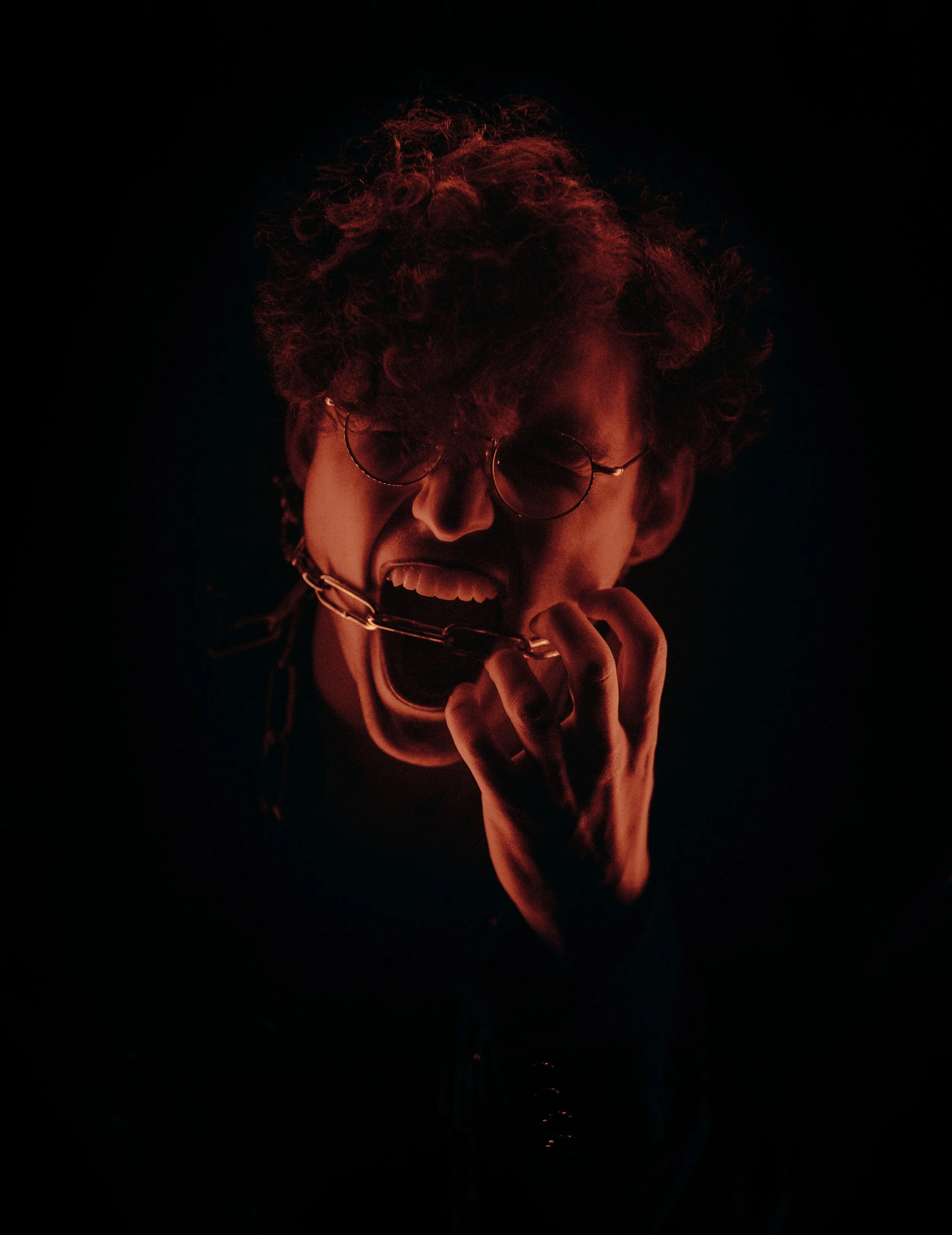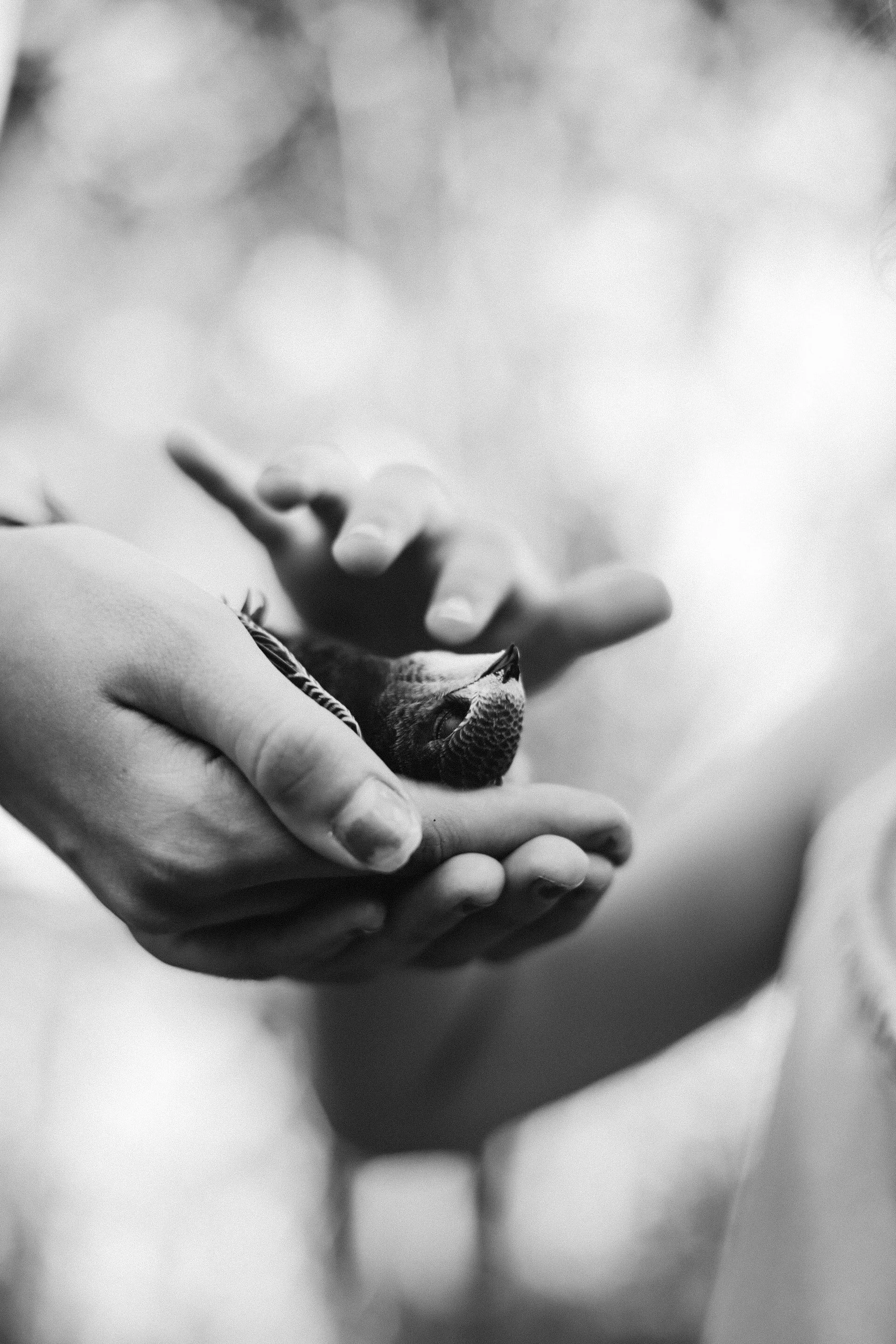Poetry Workshop at Helsinki Upper Secondary of Visual Arts
Initiative
As part of the Language Center course assistance program, I’ve branched out to high school collaborations earlier in the spring of 2020. While most of this assistance was in Spanish during the Spring, this fall I came up with the proposal of imparting a poetry workshop to older students, and the teacher Kirsi Marja Kokkonen-Lizano was warmly enthusiastic about the idea, which only electrified me even more.
Usually, during these assistances, we’re given a small space in the classroom to present, yet this time I had the opportunity to teach two full classes, thanks to the trust Kirsi and I have built and the fitting proposal of having another kind of English expression, in her class that’s currently focused on societal problems and injustices.
How was a workshop on poetry given a focus for societal change and critique?
Back in my BA, a teacher once told me “poetry is both a window and a mirror” and that truly has stuck with me. Certainly, you can see yourself and simultaneously see other’s worlds through poetry. However, the word “poetry” tends to be regarded as eloquent and profound and difficult to understand, and while some of these adjectives have in one way or another filtered into poetry, I wanted to present a poetry that’s easy to digest and that can engage real contemporary conversations. Therefore, the main driving force was to introduce poetry as “literature is, and has always been, the sharing of experience, the pooling of human understanding about living, loving, and dying” (Edward Hirsch).
With that opening, I approached this poetry workshop having in mind that we must have something contemporary to talk about, so what better way to start a conversation about poetry than with a poem about the surrounding global situation: the Covid-19.
The poem “When the Virus Comes” by Angelo Getter was a great attention-getter, and soon we were in a room talking about an issue that could not be more relatable to each and one of us. What’s best, we are all simultaneously experiencing what it is like to live with the virus while we talk about it because we are wearing masks, and it is difficult to make oneself understood.
Besides the coronavirus being addressed as a form of enacting a meaningful connection with the things we used to love doing and didn’t even think about doing before, we also addressed other topics through poetry. For example, we approached lessons about growing up, tokenism of ordinary objects, and climate change.
Philosophy and Intercultural Barriers
As a very extrovertive Costa Rican, I know my interactions usually have a lot of talk, and this generates a factor I’ve been dealing with in my teaching: the silence of the students. Perhaps, a thing that’s culturally established, yet I’m also aware that it is difficult to get high school students to talk, show excitement, and do these things while wearing a face mask, so I’m actually proud of how smoothly it went down.
Introducing alternative forms of poetry
The challenge was then, not only to present a manuscript of great, diverse poems but get the student’s attention to see that poetry exists beyond those secluded books called poetry collections. For this reason, I included alternative forms of poetry like spoken word, audio-visually aided poetry, and rap. These have an impact of their own particular way as spoken word was about climate change (An Earth Plea) by, audio-visually-aided was about Wanderlust (Vaeltaja Wanderer), and finally, Black Lives Matter by Dax, a timely movement that arises a certain outraged that’s powering the articulation of their unjust disenfranchisement. All of these were resources to shake their understanding of poetry and also to provide them another channel and form of communication for societal problems of the 21st century.
Outcomes
Towards the end of these sessions, the 17 students had at least 2 poems written. These were either crafted off a list of prompts or based on a modeling poem. Students were further encouraged to share them with peers with the advice of first listening and understanding and then asking questions of what do you mean by…? They were also encouraged to share their poetry with us on BTSB, and we have the pleasure of sharing 5 poems from the following poets: Elsa Kallio, Alma Seitsara, Säde Kaila, and two anonymous poets.
Thank you so much Kirsi Marja Kokkonen-Lizano for allowing this exquisite experience to take place, thanks to those students who have shared their work with us today in here, and thanks as well to those who wrote their poetry and have now gotten a taste of what their writing can look like: the world is waiting to listen to your voice. On the last note, a shout out to the poet Ada Vuorinen and Anna Suvanto, who have shared their poetry privately, but decided not to publish it. We appreciate your work, and know that your poems are both beautifully written as well!
Now let us enjoy the young poets:
Säde Kaila’s My First Memory
What’s Bad by Anonymous
Elsa Kallio’s My Hometown
Alma Seitsara’s My First poem: (Based on Rick Astley's song Never Gonna Give You Up
The Little Things by Anonymous
Alma Seitsara’s The Day Starts





